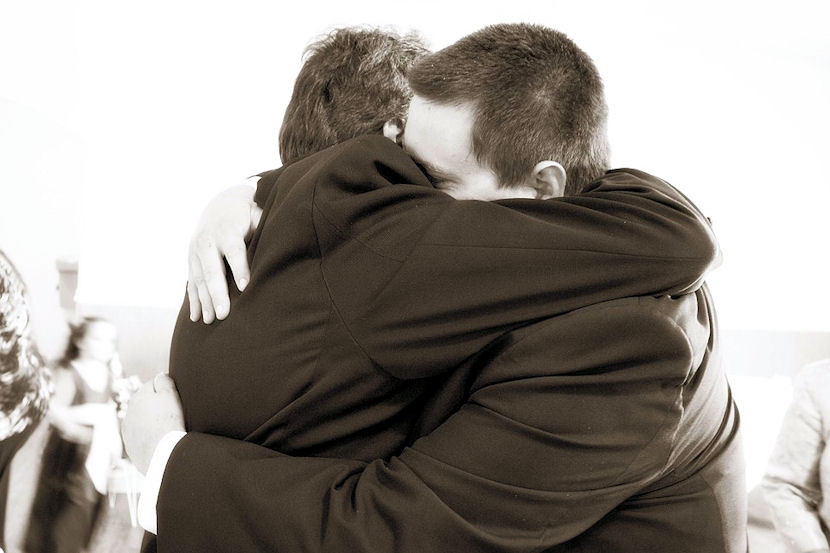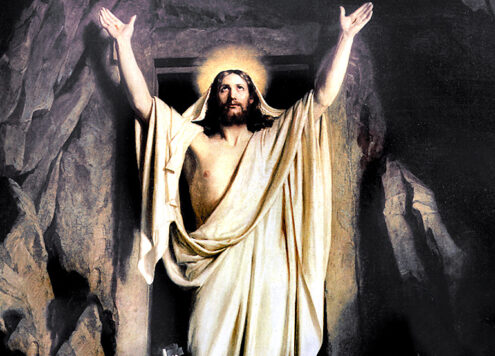—Luke, Chapter 15
Jesus relates the parable of the Prodigal Son in answer to those who criticized Him for fraternizing with sinners. The prodigal son’s vice was to squander his inheritance on loose living. But, there is another son, the older son, whose vice was withholding forgiveness for the younger son’s weakness. He was guilty of the sin of self-righteousness just like the Pharisees in the story who would not forgive Jesus for reaching out to sinners.
Which of these two sons, do you think, committed the greatest sin?
This parable goes on to say that the younger son lost everything he had through irresponsible and dissolute living. Yet, the father, who represents Our Heavenly Father, received him back, unconditionally, after he repented of his former life-style. The older son, on the other hand, would not forgive his younger brother for his sinful past. The gospel says that the older son “became angry” and “refused to enter the house” even when “his father came out and pleaded with him” to join in the festivities, celebrating the younger son’s return.
The prodigal son in the parable, who repented of his sins, was reconciled. The older son, who could not bring himself to forgive the younger son, was not reconciled. The older son’s self-righteous behavior is a reminder of the behavior of the Pharisee towards the publican who was praying in the temple (Luke 18:9-14). The Pharisee, who thought he was without sin, condemned the publican in the temple who, humbly, confessed his sin. The publican, not the Pharisee, left the temple justified.
The Lord reserves His harshest criticism for self-righteous people, saying that “tax collectors and prostitutes” will enter heaven before them. He regards self-righteousness as greater than sins of the flesh because it is a sin of pride that corrupts the spiritual life within.
In Luke, chapter 15, we are confronted with the human weakness of those who humbly repent of their sins, and the self-righteousness of those who will not repent.
—Fr. Hugh Duffy











4 Comments
ginny
Thank you for this very complete explanation of the parable of the Prodigal Son.
I need to be reminded that self-righteous behavior is the greater sin.
Hugh Duffy
Yes, Ginny. Self-righteousness is deadly.
Vincent Arthur Lloyd
The father’s reaction and response at first seems paradoxical, but your explanation resolves this. Thank you and keep them coming. Vincent Lloyd
Hugh Duffy
Vincent: Always good to hear from you all the way from the Eternal City. Glad you liked my explanation of this week’s parable. The parables are such a brilliant teaching tool or method, and they never lose their appeal or relevance.